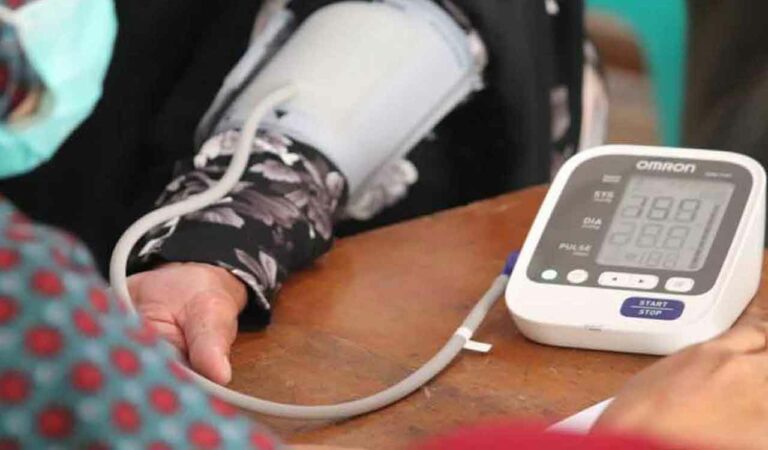India’s healthcare spending is one of the lowest in the world — just 1% of GDP, while deaths due to non-communicable diseases are among the highest
Published Date – 8 April 2024, 11:54 PM

A new report on the health scenario in India paints a grim picture of the rapid rise in non-communicable diseases, including cancer, diabetes, hypertension, cardiovascular diseases and mental health disorders. According to the ‘Health of Nation’ report, released by Apollo Hospitals coinciding with World Health Day, India has emerged as the cancer capital of the world, witnessing the fastest rise in the incidence of the dreaded disease. The most common cancers in order of occurrence in the country are breast, cervix and ovarian among women. For men, the most common cases are instances of lung cancer, mouth cancer and prostate cancer. What is more alarming is that the median age for cancer diagnosis in India is much lower when compared to the United States, UK and China. The latest data indicates that the average age of diagnosis of breast cancer in India is 52 as against 63 in America and Britain, while for lung cancer, it is 59 years as opposed to around 70 in the West. Screening for early diagnosis holds the key to cancer treatment. Unfortunately, India falls behind in cancer screenings. Most nations have strong guidelines for screening but no such systems are in place here. While the screening rate for breast cancer stood at 74-82% in the US, a mere 1.9% are screened in India. Given the gravity of the situation, there is a need for nationwide efforts to combat these diseases effectively through education and personalised preventive healthcare solutions.
On average, at least one in three Indians today are pre-diabetic, two in three are pre-hypertensive and one in 10 are depressed, the report revealed. Other key findings of the report are that obesity incidence has increased from 9% in 2016 to 20% in 2023 and hypertension incidence increased from 9% in 2016 to 13% in 2023. By prioritising investments in health infrastructure, promoting preventive healthcare measures and addressing health inequities, India will be able to unlock its full potential and pave the way for inclusive and sustainable development. Modern technological tools, driven by artificial intelligence, must be used to expand screening facilities throughout the country, improve disease prevention, increase the accuracy of diagnoses and create world-class patient-centric treatment methodologies that shape the future of healthcare. Preventive healthcare needs to become a national priority. Over the past three decades, non-communicable diseases have become the leading cause of death and suffering, contributing to 66% of deaths in India. This must sound alarm bells in the government corridors and underscore the need for increasing public spending on healthcare. Accounting for just one per cent of the GDP, the country’s healthcare spending is one of the lowest in the world while deaths due to non-communicable diseases (NCDs) are among the highest. Most of these premature deaths are preventable, with timely clinical interventions, lifestyle modifications and better nutrition.




